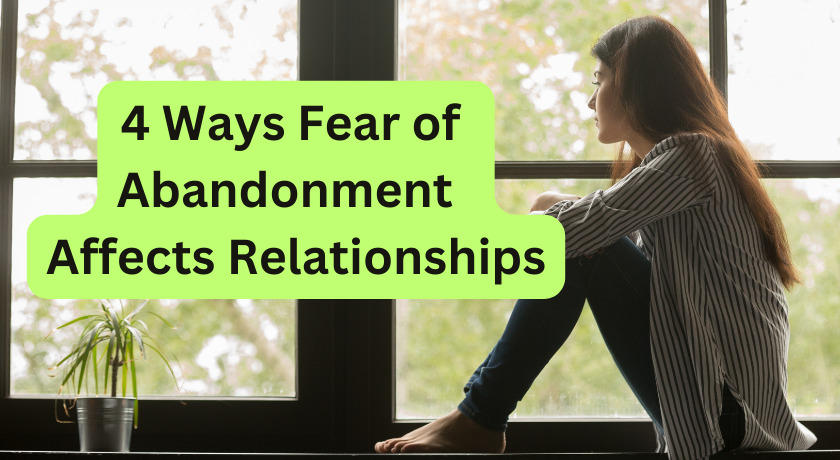Fear of abandonment is something that many people live with for a variety of reasons.
Most cases can be traced back to childhood traumas where a primary caregiver (a parent or guardian) either emotionally or physically abandoned them and left them in fear of future relationships ending similarly.
These fears in relationships, in turn, translate to fear in both romantic relationships and friendships.
There are many signs that point towards someone having a fear of abandonment, including anxiety over being alone, codependency, self-blame, and sensitivity to criticism, per Psych Central, but how exactly could it directly affect a newfound relationship?
Hesitation to Be Vulnerable
Letting other people into your life and allowing them to understand your mind and emotions can be scary for anyone, let alone someone who is in fear of being abandoned. For someone who suffers from that fear, it can be especially difficult to let someone in because then they are constantly thinking about the possibility that they will up and leave.
Psychology Today suggests that, “Many who have experienced abandonment in their formative years have built up emotional walls to keep others out. They have learned that vulnerability leads to further abandonment,” adding that detaching and distancing themselves from other people can, in their mind, be “self-protective”.
Being the Savior
Many people with abandonment issues seek partners who are emotionally unavailable. They figure that if someone is unable to provide them with the emotional needs they require, then there is no pain that can be caused because there was never any vulnerability that was in danger in the first place. This can then lead to a seemingly endless cycle of someone indulging in relationships where they can be their partner’s “savior” and win them over in a way to prove to themselves that they are worthy of love and being cared for.
Finding Flaws in a Relationship
Ironically, people who fear being abandoned in a relationship are often the ones who constantly seek to end the relationship. Psych Central calls this behavior a sort of “emotional self-defense”. They figure that if they beat their partner to the punch of ending the relationship, then they’re, in a sense, in control of their own fate and technically aren’t the ones who end up being abandoned. In order to achieve this goal, they constantly try to find flaws in the relationship so that they have reason to end it.
People Pleaser
Similar to being the “savior”, the constant desire to please your partner is another effect abandonment fear can have on a relationship, per Healthline. In this case,the person will do anything and everything they can to keep their partner happy, even if it means sacrificing their own happiness, so that they can ensure their partner won’t leave them. They often will be involved in a one-sided relationship where they only cater to their partner and do nothing to support their own happiness.
Attaching Rather Than Connecting
Someone who is in fear of being left alone might form a “quick attachment”, according to Psychology Today. What this means is they want to immediately solidify a relationship with someone so that they can know whether or not it’s worth keeping. This can be shown through sharing intimate details about their life too soon in a relationship in the hopes that it will spark a connection. But often, it just drives the other person away more quickly. Connection, on the other hand, takes time to develop, where intimate details are shared organically and naturally, whereas in attachment, these details are seemingly forced and can turn off other people involved.
As for ways to help conquer the fear of abandonment, Psych Central provides four methods: therapy, self-discovery and finding one’s true identity, attending support groups with people who’ve experienced similar situations and personalities, and having self-compassion and reassuring yourself that you are worthy of care without excessive judgment and criticism of yourself.
Sources:
https://www.healthline.com/health/fear-of-abandonment#examples
https://psychcentral.com/health/fear-of-abandonment#how-to-overcome



